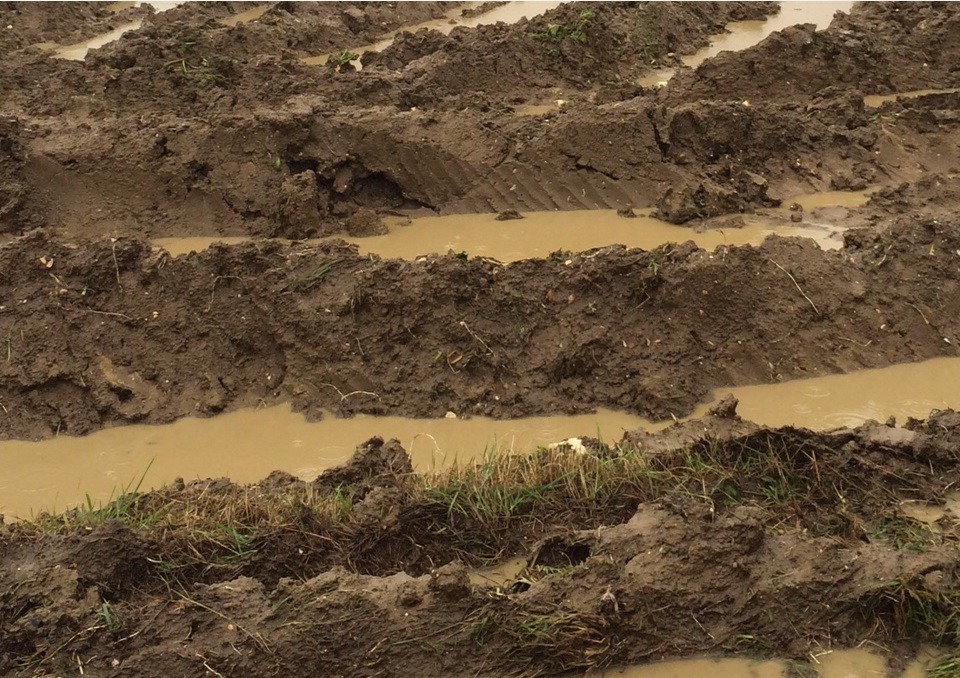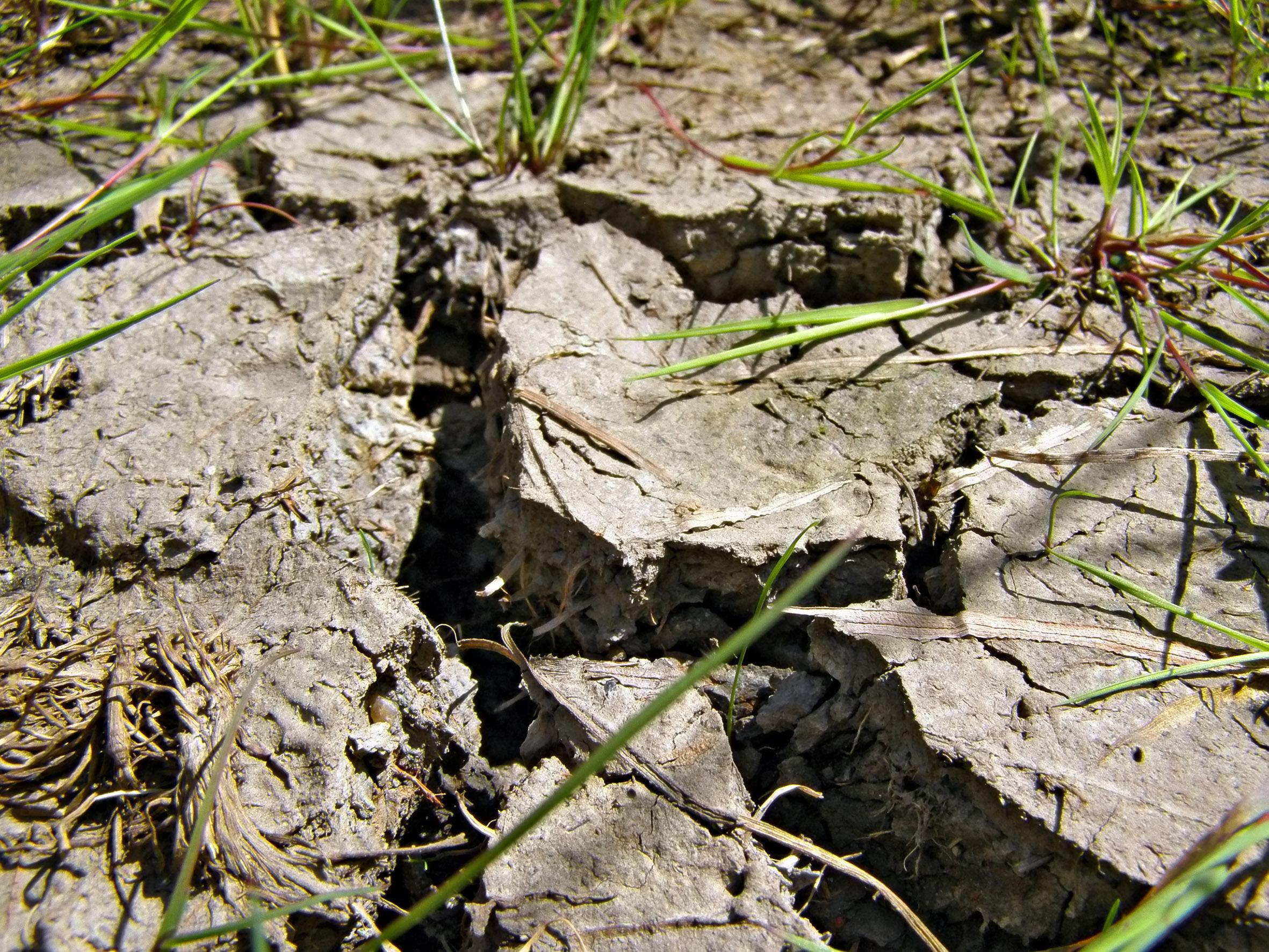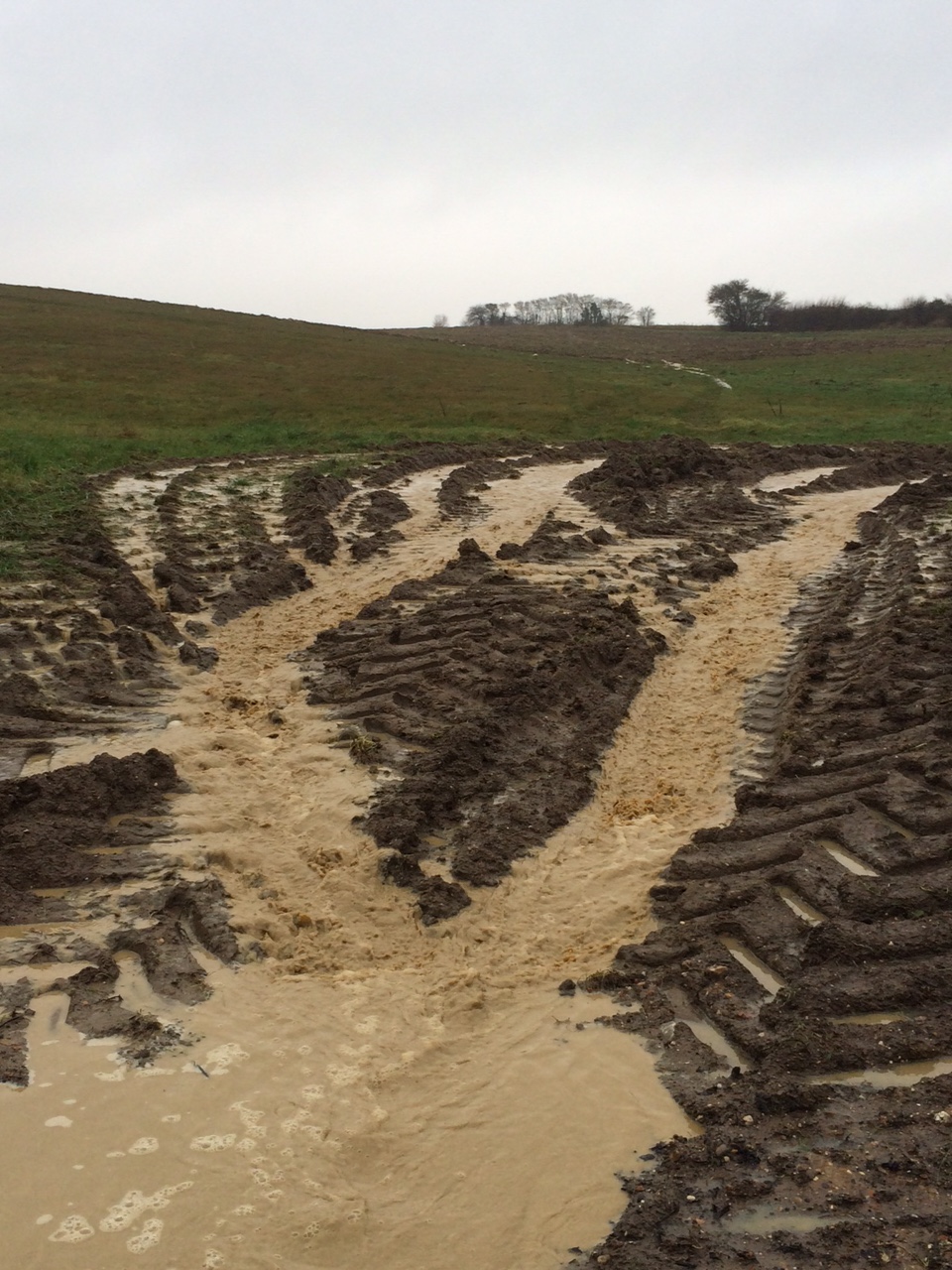Soil: your farm's greatest asset
This blog was first featured as an article in the October issue of Three Counties Farmer:
Every conversation I have with people in the agricultural world seems to conclude with the opinion that "When it rains, it won't know when to stop." A common term used, especially in the autumn period when focus turns to potato harvest, autumn cereal drilling and maize harvest.
So, when to plant? When to harvest? There are favourable times for both, however, with ever increasing workloads and larger acreages to cover, both contractors and farmers have to push boundaries to secure establishment and the harvest of autumn crops. Not every crop can be drilled at the optimum time of 10th October, or harvested by the end of September. Therefore, we all look at ways to manipulate the crops we grow to fit into both a seasonal calendar and a potential long term weather forecast, often which always seems to cover itself with the chance of rain.
A common used cliché is that, "Weather patterns are changing." I cast my mind back over my career in agriculture and I can remember periods of drought/wet/cold, yet don't recall the subject of climate change ever being mentioned. This isn't to say the topic didn't exist, but I think the development of the internet and social media has made information available to anyone who has the tenacity to search for findings on any subject they choose.
My own recent internet search on soil health provided some fantastic links to information I was looking for. Sadly though, it also presented me with a database of facts and figures which, although dating back a few years, are so prudent today than at any time during the past century.
The Ministry of Agriculture, Fisheries and Food (MAFF) commissioned the Strutt Report: Modern Farming and the Soil back in 1970. At that time, most people were aware of soil erosion and the report closed with the final conclusion that "some soils are now suffering from dangerously low organic matter levels" and that they "could not be expected to sustain the farming systems which have been imposed upon them."
Soils are predominantly eroded by wind, rain and runoff, particularly so during extreme weather events. Throughout my search it was often reported that across the world, every year we lose approximately 75 million tonnes of topsoil, a rate many experts believe will only increase as our population and pressures on food grow.
While, of course, some soils are considered to be at a far greater risk of erosion than others, we cannot ignore that this is happening to all agricultural land. Sandy soils can be at greater risk of wind erosion, and even some of the most productive land used for producing vegetables and cereals can fall foul if it's adjacent to a river with unprotected banks liable to flooding.
The overriding concept is that the quality and potential of our agricultural land is being depleted at an alarming rate. Growers using manure, forage grass and cover crops in the rotation are rightly championed for their practices. As it becomes harder to realise soil and yield potential, the need to embrace these techniques will be necessary, if even only to stand still.
Without firm, agronomic practice on the farm, will you stay with the pack or see your business eroded over time?
As a subscriber, you’ll receive email alerts each time a new blog is published so you can always stay updated with the latest advice and insights from our experts






Comments